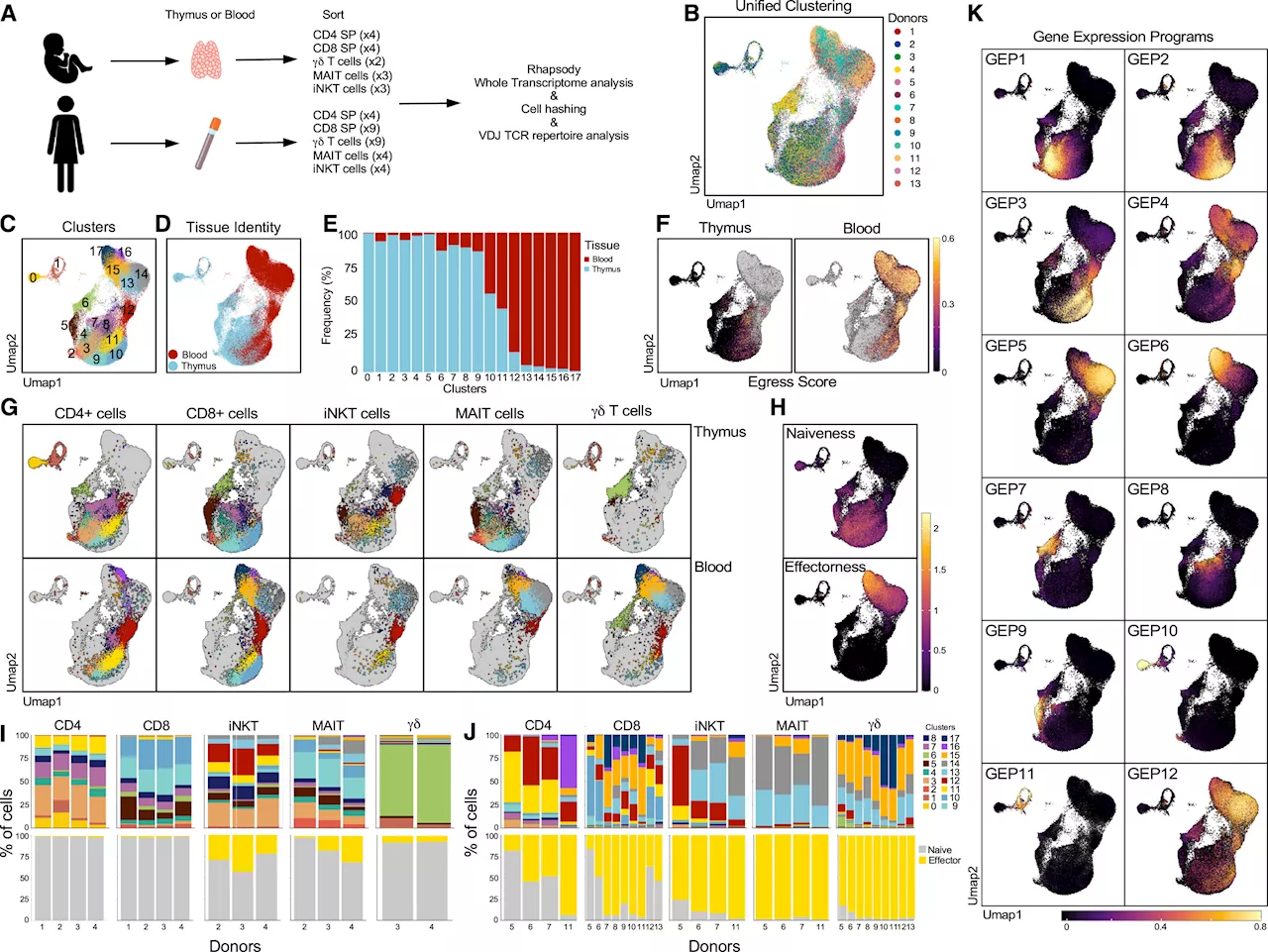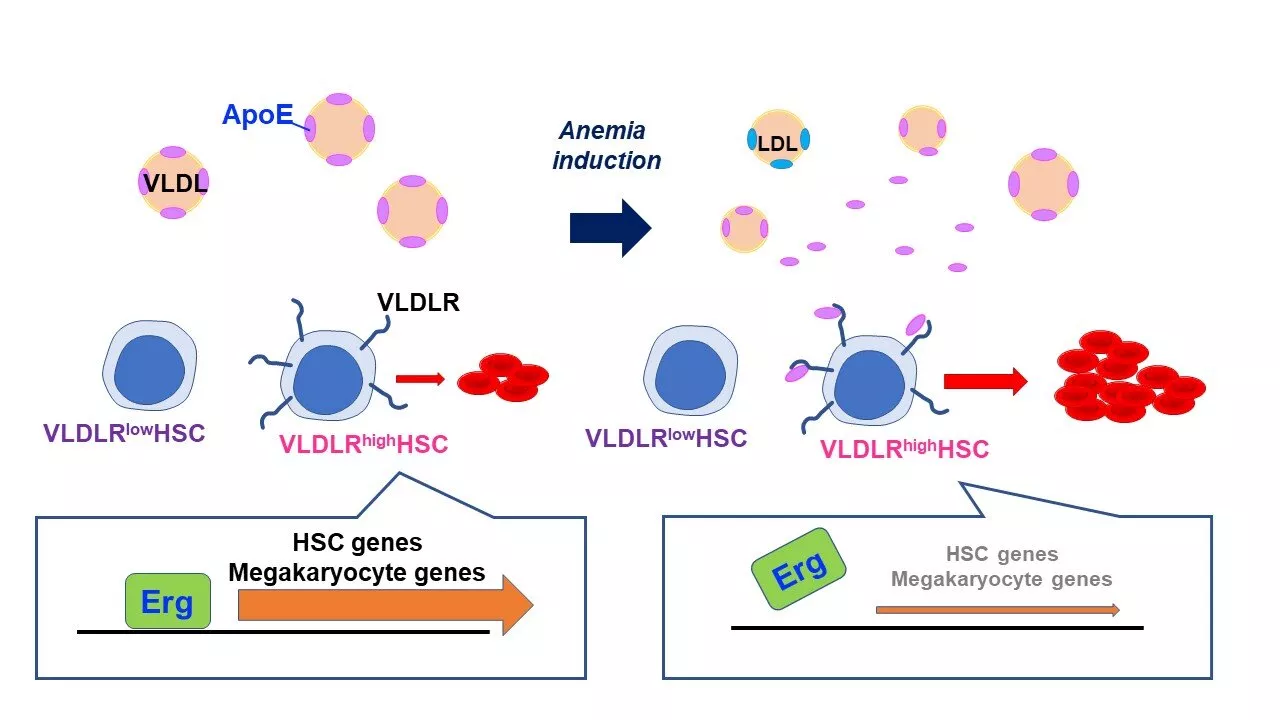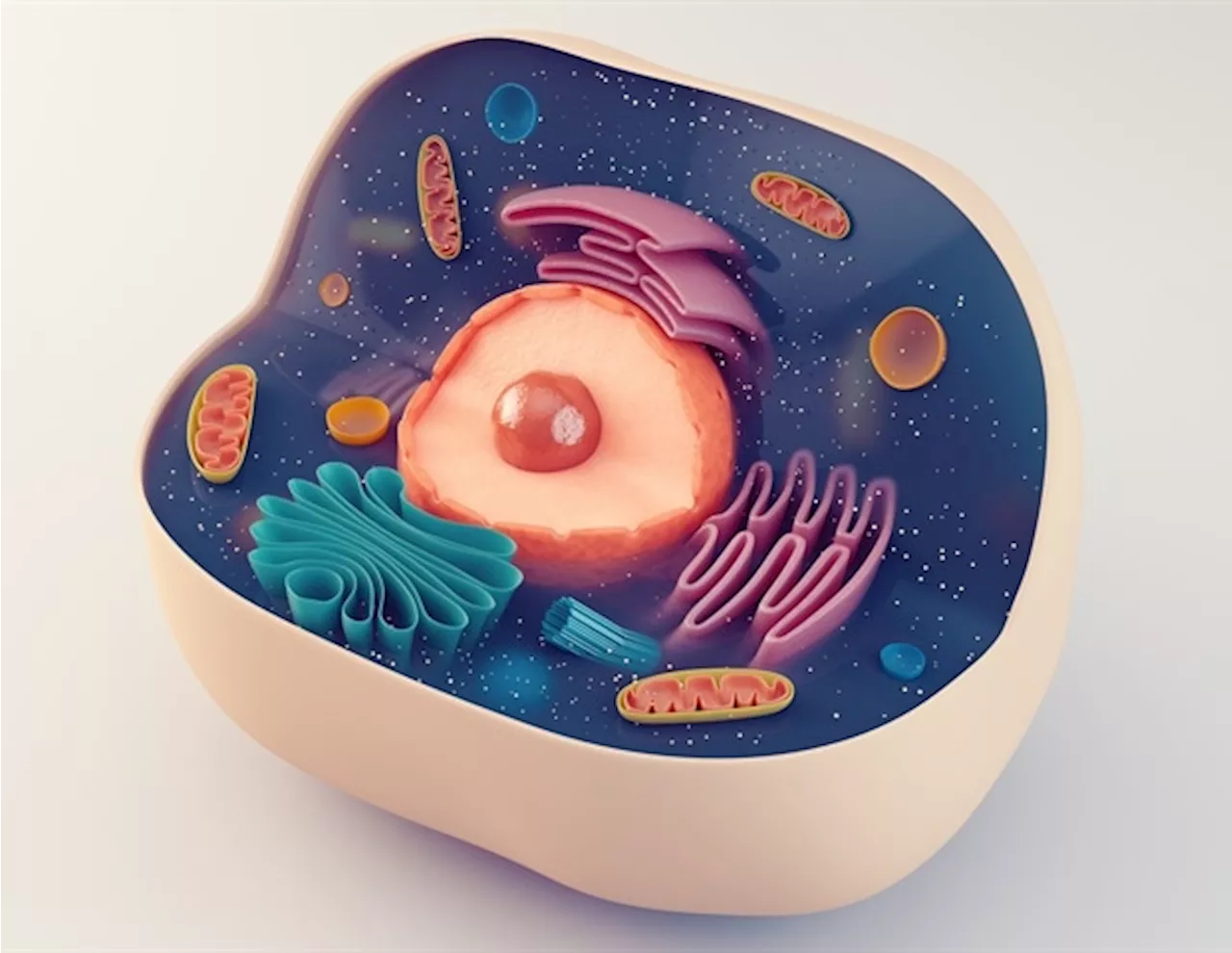Cells are the basic units of life — but when it comes to cells, if you think basic means simple, think again. Cells are complicated, with many millions of biochemical reactions per second seething within their confines. They also tend to be tiny, so it’s not easy to spy on their operations.
Stanford Medicine Oct 8 2024 The new issue of Stanford Medicine magazine delves into some recent discoveries about cells — providing insights into matters ranging from the biology of cancer to the role of plankton in capturing carbon and mitigating climate change .
“It’s a great time for cell biology,” says Markus Covert, PhD, the Shriram Chair of the Department of Bioengineering, in the opening article of the special report on cells. It used to be that biology was what you went into if you loved science but were scared of math. That’s changed. There’s an influx of people who are intellectually ambidextrous, and the field has become more quantitative. That has broken cell biology wide open.” Among the articles:
Bioengineering Cancer Cell Cell Biology Climate Change Gene Pregnancy Research Technology
United Kingdom Latest News, United Kingdom Headlines
Similar News:You can also read news stories similar to this one that we have collected from other news sources.
 Study: Inflammatory cells in tumor microenvironment transform prostate cancer cells into treatment-resistant cellsTreatment-resistant cells are a challenge related to prostate cancer and many other cancers, which arises as the disease progresses. However, these resistance mechanisms are not yet fully understood.
Study: Inflammatory cells in tumor microenvironment transform prostate cancer cells into treatment-resistant cellsTreatment-resistant cells are a challenge related to prostate cancer and many other cancers, which arises as the disease progresses. However, these resistance mechanisms are not yet fully understood.
Read more »
 Immune cells caught between worlds: Researchers explore how innate-like T cells matureOur immune system spans two worlds—innate and adaptive. Innate immune cells are like troops at the gate ready to hold off invaders and raise the body's alarms. Adaptive immune cells are specialists that take longer to respond but can fight off foes in a more targeted manner.
Immune cells caught between worlds: Researchers explore how innate-like T cells matureOur immune system spans two worlds—innate and adaptive. Innate immune cells are like troops at the gate ready to hold off invaders and raise the body's alarms. Adaptive immune cells are specialists that take longer to respond but can fight off foes in a more targeted manner.
Read more »
 Researchers discover potential target to treat severe anemia in patients unresponsive to standard treatmentsRed blood cells are the most abundant cells in the body. It has long been known that when red blood cells break down or anemia occurs due to bleeding, the hormone erythropoietin (EPO) increases, leading to the proliferation of immature cells (erythroblasts) that eventually become red blood cells, thus restoring the red blood cell count.
Researchers discover potential target to treat severe anemia in patients unresponsive to standard treatmentsRed blood cells are the most abundant cells in the body. It has long been known that when red blood cells break down or anemia occurs due to bleeding, the hormone erythropoietin (EPO) increases, leading to the proliferation of immature cells (erythroblasts) that eventually become red blood cells, thus restoring the red blood cell count.
Read more »
 Lipid metabolism plays a critical role in red blood cell recovery from acute anemiaRed blood cells are the most abundant cells in the body. It has long been known that when red blood cells break down or anemia occurs due to bleeding, the hormone erythropoietin (EPO) increases, leading to the proliferation of immature cells (erythroblasts) that eventually become red blood cells, thus restoring the red blood cell count.
Lipid metabolism plays a critical role in red blood cell recovery from acute anemiaRed blood cells are the most abundant cells in the body. It has long been known that when red blood cells break down or anemia occurs due to bleeding, the hormone erythropoietin (EPO) increases, leading to the proliferation of immature cells (erythroblasts) that eventually become red blood cells, thus restoring the red blood cell count.
Read more »
 Cancer cells may be using lipids to hide from the immune systemCancer cells seldom start off stealthy. Quite to the contrary, they announce their presence to the immune system by planting chemical red flags right on their membranes. Once alerted, the body's defenses can swoop in, destroying rogue cells before they can do much damage.
Cancer cells may be using lipids to hide from the immune systemCancer cells seldom start off stealthy. Quite to the contrary, they announce their presence to the immune system by planting chemical red flags right on their membranes. Once alerted, the body's defenses can swoop in, destroying rogue cells before they can do much damage.
Read more »
 New study reveals specialization of immune cells in different tissuesA new study from Karolinska Institutet has mapped how MAIT cells, which play an important role in the body's defense against microbes, exhibit different properties depending on the tissue they are in.
New study reveals specialization of immune cells in different tissuesA new study from Karolinska Institutet has mapped how MAIT cells, which play an important role in the body's defense against microbes, exhibit different properties depending on the tissue they are in.
Read more »
